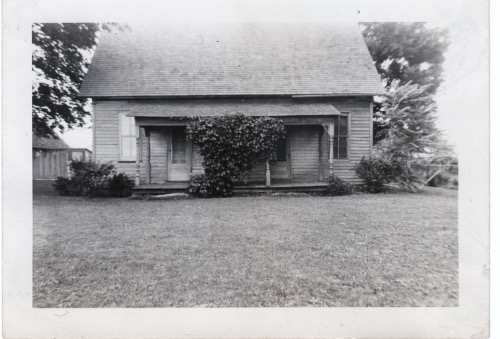
INDIANS AND THE FRENCH - The French were primarily interested in trade with the Native Americans. They were never really interested in land. However, after Britain defeated the French in the French and Indian War, settlers started to move into the area. Land was a primary concern and several treaties were signed (all of them disastrous to the Native Americans). A number of battles were fought in the area. Some of the battles were won by the Native Americans, but in 1794, General Anthony Wayne fought the battle of Fallen Timbers which was the turning point in favor of the Colonists. William Henry Harrison also fought against the tribes and in l8ll led an army of about l,000 armed men to Prophetstown (west of Lafayette) in the battle of Tippecanoe. In 1816 Indiana was granted statehood.
ALCOHOL, SMALL POX AND THE FLU - The Native Americans had no immunity to these things which ultimately decimated the tribes and on September 4, l835, 850 Pottawatomie were gathered by gunpoint and forcibly marched more than 600 miles. Around 49, mostly children, died on the trip and the natives were paid only one dollar per acre for their land. When they arrived in Kansas they were totally dependent on the government for subsistence in a land very unfamiliar to them.
 |
 |
 |
| Previous | Home | Next |